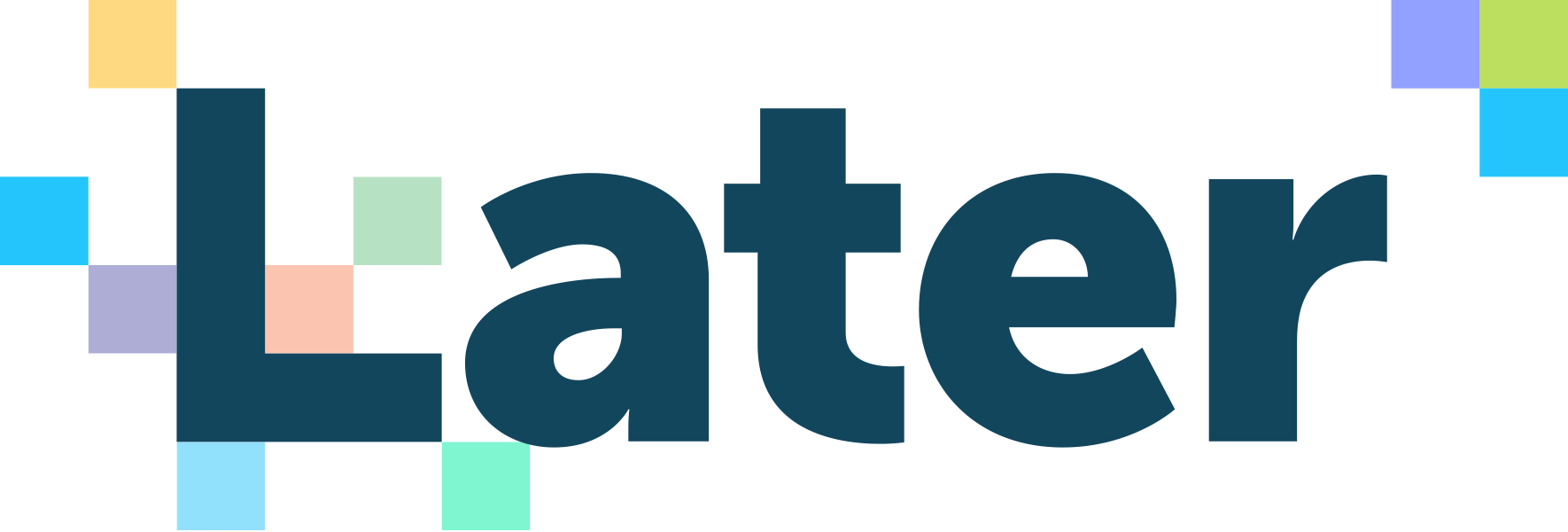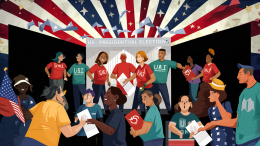Social media was supposed to be the ultimate free speech platform, a place where the world would come together to swap information and share opinions. It would be the battleground of ideas. Someone would say something that looked sensible, face a challenge from someone with a different experience, and new facts, and the world would move forward with smarter and better thoughts. But the question is: has social media had its day?
Social Media hasn’t quite worked out the way we thought it would.
Twitter has become a playground for bots and trolls. Facebook is filled with misinformation, a place where foreign governments can set up groups to spread fake news.
Saying something that isn’t in vogue won’t prompt someone else to say: “Huh, I never thought of it that way.” It’s more likely to produce a giant virtual pile-on that results in boycotts and ostracism. Who knew we were closed-minded? Who knew that no new opinioned could be offered or tried? –Zero– and
The platforms themselves have struggled to cope, blocking some opinions and taking flak from one side or the other.
At the same time, users have retreated into their own bubbles.
Instead of coming to Facebook or Twitter to learn something new and obtain a fresh viewpoint, we listen to people who agree with our preconceptions, and misconceptions and who reinforce our prejudices.
Featured Partner for Social Scheduling  on Later's website
|
Knowing we CAN’T STAND anything new — we GET nothing new.
Algorithms feed us more of the same. The constant reminders of why we’re right — seem to be satisfying to us. But always thinking the same way is not very educated — and having the same thoughts day in and day out won’t ever help to break down barriers or improve understanding.
Breaking down barriers was one of the big benefits that social media was supposed to deliver.
Sure, we can still keep in touch with old friends on Facebook and we can see what everyone is eating for breakfast on Instagram, but as information platforms, social media just isn’t working.
You think you are against censorship — well, you’re not — and you’ve proved it.
Brands have noticed that you want the same thing, too. According to one study, 2019 saw a fall in social media engagement of around 50 percent across a range of industries. People are turning off. We might still open an app and flick through a timeline but we’re less likely to stop and comment or like. Why? Because it’s the same old thing.
So what happens next? If social media has plateaued, what’s likely to replace it?
One clue lies in the rise of TikTok. A platform developed in China and subject, at least in part, to Chinese government censorship.
Censorship might not look like the answer to social media’s free speech problem, but it avoids the issue altogether. It’s what we’ve all been forcing on Social Media. Don’t have any free-thinking thoughts. Don’t say anything that might break down barriers and build understanding.
The content on the TikTok site is generally made up of young people dancing and lip-syncing.
Oh goodie! No sharing of dangerous views here where you’d be challenged. There’s just a sharing of fun and quirky clips that people want to watch and enjoy.
Social networking as a whole might be under pressure but the media side of social media—the home-made videos spread between friends—that’s still working fine, and it’s likely to continue.
One way Social Media sharing will continue is in increased use of live video.
In 2018, about one in four Americans listened to at least one podcast every month. In 2019, that number had risen to one in three. But podcasting is only audio and it only works in one direction.
Podcasters broadcast; listeners listen. Live video is also visual, and it’s interactive.
Viewers watch and listen, and they can also ask questions and engage with the speakers. Video might not be something you can use while jogging or driving to work, but it’s a lot more engaging than cable TV.
As brands find that their posts and pictures are ignored, expect more companies to turn to live engagement.
And as users find that they’re getting less back for the data they give, they’ll also be less willing to hand over that data. Why should they tell Facebook what they like, and who they are, and where they live, when Facebook won’t let them say what they think?
Why give your data and information when it gives everyone a way to abuse you and gives a bash-fest-opening? How long will there be free-speech and free-thinking? …Not long.
We’re already seeing a pushback against data collection by nosy Web browsers.
If that giant pushback succeeds, it won’t be long before we start to see rival social media platforms that promise equal levels of privacy — even if it can’t deliver free-speech
Featured Partner for Social Scheduling  on Later's website
|
These are strange times for social media.
On the one hand, the industry has succeeded and grown faster than just about any industry before it. On the other hand, despite being little more than two decades old, it’s already showing its cracks.
A fantastic tool that has allowed so many people to talk to each other, entertain each other, and exchange news isn’t going to disappear. But its challenging environment and information bubble will mean that it’s about to evolve in a whole new direction.
But, will we like it?


















